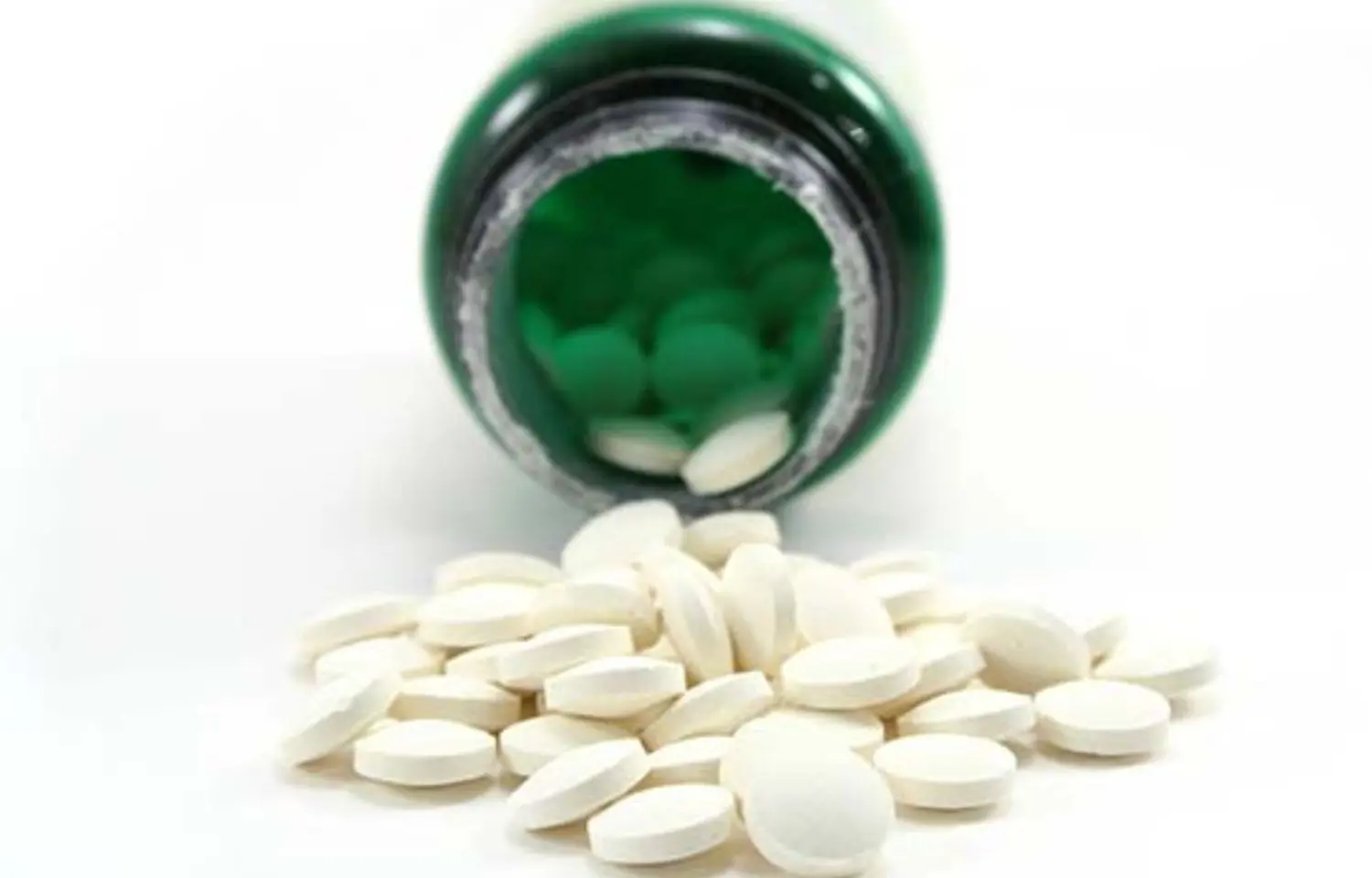- Home
- Medical news & Guidelines
- Anesthesiology
- Cardiology and CTVS
- Critical Care
- Dentistry
- Dermatology
- Diabetes and Endocrinology
- ENT
- Gastroenterology
- Medicine
- Nephrology
- Neurology
- Obstretics-Gynaecology
- Oncology
- Ophthalmology
- Orthopaedics
- Pediatrics-Neonatology
- Psychiatry
- Pulmonology
- Radiology
- Surgery
- Urology
- Laboratory Medicine
- Diet
- Nursing
- Paramedical
- Physiotherapy
- Health news
- Fact Check
- Bone Health Fact Check
- Brain Health Fact Check
- Cancer Related Fact Check
- Child Care Fact Check
- Dental and oral health fact check
- Diabetes and metabolic health fact check
- Diet and Nutrition Fact Check
- Eye and ENT Care Fact Check
- Fitness fact check
- Gut health fact check
- Heart health fact check
- Kidney health fact check
- Medical education fact check
- Men's health fact check
- Respiratory fact check
- Skin and hair care fact check
- Vaccine and Immunization fact check
- Women's health fact check
- AYUSH
- State News
- Andaman and Nicobar Islands
- Andhra Pradesh
- Arunachal Pradesh
- Assam
- Bihar
- Chandigarh
- Chattisgarh
- Dadra and Nagar Haveli
- Daman and Diu
- Delhi
- Goa
- Gujarat
- Haryana
- Himachal Pradesh
- Jammu & Kashmir
- Jharkhand
- Karnataka
- Kerala
- Ladakh
- Lakshadweep
- Madhya Pradesh
- Maharashtra
- Manipur
- Meghalaya
- Mizoram
- Nagaland
- Odisha
- Puducherry
- Punjab
- Rajasthan
- Sikkim
- Tamil Nadu
- Telangana
- Tripura
- Uttar Pradesh
- Uttrakhand
- West Bengal
- Medical Education
- Industry
Over 47 percent antibiotic formulations used in India in 2019 unapproved: Lancet study

"Cephalosporins, macrolides, and penicillins were the top three antibiotic classes among unapproved formulations," the authors of the study said.
New Delhi: More than 47 percent of antibiotic formulations used in India's private sector in 2019 were not approved by the central drug regulator, according to a study published in The Lancet Regional Health Southeast Asia.
The research also found that azithromycin 500mg tablet was the most consumed antibiotic formulation (7.6 percent) in India, followed by cefixime 200 mg tablet (6.5 percent) during the year.
The researchers at Boston University, US, and Public Health Foundation of India, New Delhi, examined the private sector antibiotic use, which contributes to 85-90 percent of the total consumption in India.
The data were gathered from a panel of 9,000 stockists who store products from approximately 5,000 pharmaceutical companies.
However, these data did not include the drugs dispensed through public facilities, though this is less than 15-20 percent of all drug sales in the country as per studies and national health accounts estimates.
The researchers found a lower consumption rate of antibiotics compared to previous estimates but very high relative consumption of broad spectrum antibiotics, which act against a wide range of disease causing bacteria.
The total defined daily dose (DDD) the assumed average maintenance dose per day for a drug in adults consumed in 2019 was 5,071 million (10.4 DDD/1,000/day), they said.
The study shows that formulations listed in the national list of essential medicines (NLEM) contributed 49 percent while fixed-dose combinations (FDC) contributed 34 percent, and unapproved formulations were 47.1 percent.
FDCs are the combinations of two or more active drugs in a single dosage form.
"Centrally unapproved formulations accounted for 47.1 percent (2,408 million) of total DDDs," the authors of the study noted.
"Cephalosporins, macrolides, and penicillins were the top three antibiotic classes among unapproved formulations," they said.
The Watch group of antibiotics constituted 72.7 percent of unapproved products and combinations discouraged by the World Health Organization (WHO) constituted 48.7 percent of FDCs.
Watch includes broad spectrum antibiotics with a high chance of resistance to be used only for specific indications.
"We do not have proper surveillance systems monitoring antibiotic usage in our country and irrational antibiotic usage is rampant," said Dr. Hari Kishan Boorugu, Consultant Physician & Diabetologist, Yashoda Hospitals Hyderabad.
"Problem lies at multiple levels antibiotic usage by patients without prescription, irrational usage of antibiotics by quacks and even by many qualified doctors," Boorugu told media agency.
Inappropriate use of antibiotics is a significant driver of antibiotic resistance in India, the authors of the study noted in the journal.
"Largely unrestricted over the counter sales of most antibiotics, manufacturing and marketing of many FDC and overlap in regulatory powers between national and state-level agencies complicate antibiotics availability, sales, and consumption in the country," they said.
The authors acknowledge some limitations to their study, including the fact that the dataset covers only the private sector sales of antibiotics and will not reflect the antibiotics dispensed through the public system.
Also, the data do not differentiate between community and hospital use as the data are collected at the stockist level, they said.
"Prevalence of multidrug resistant bacterial infection is high in many countries including India and irrational usage of antibiotics is a major driving factor for this menace," Booruge explained.
"Unless we act now, soon we will be in a situation like pre-antibiotic era without effective antibiotics for treating most bacterial infections," he added.
Reference:
Shaffi Fazaludeen Koya, Senthil Ganesh, Sakthivel Selvaraj, Veronika J. Wirtz, Sandro Galea, Peter C. Rockers, Published: June 22, 2022 DOI: https://doi.org/10.1016/j.lansea.2022.100025
The Lancet Regional Health Southeast Asiaantibiotic formulationsazithromycincefiximeBoston UniversityPublic Health Foundation of IndiaCephalosporinsmacrolidespenicillins
Source : PTIRuchika Sharma joined Medical Dialogue as an Correspondent for the Business Section in 2019. She covers all the updates in the Pharmaceutical field, Policy, Insurance, Business Healthcare, Medical News, Health News, Pharma News, Healthcare and Investment. She has completed her B.Com from Delhi University and then pursued postgraduation in M.Com. She can be contacted at editorial@medicaldialogues.in Contact no. 011-43720751
Next Story


